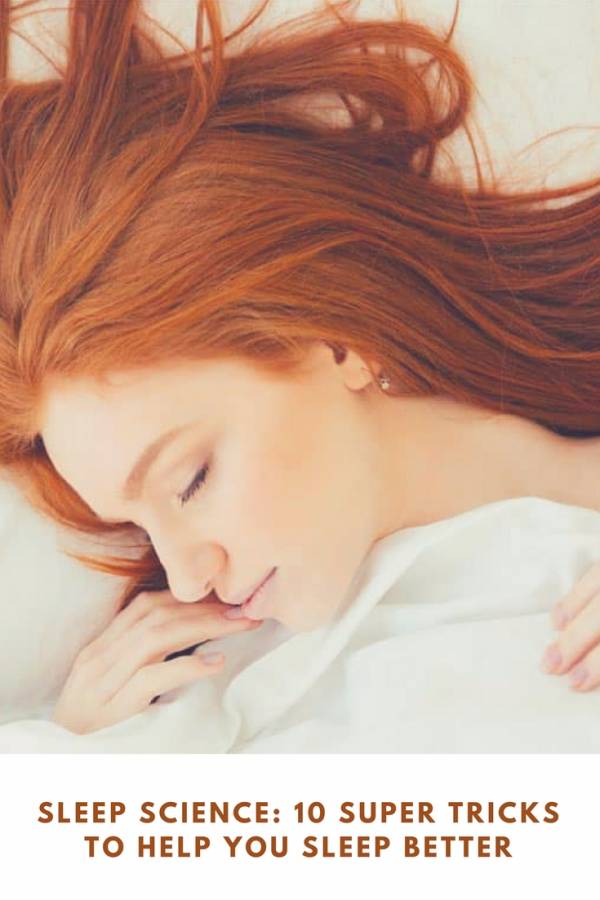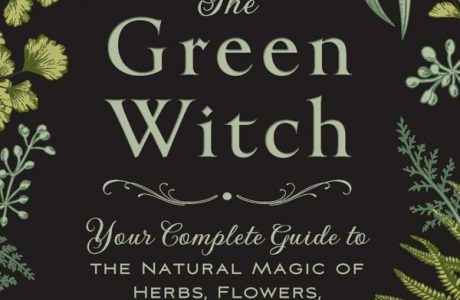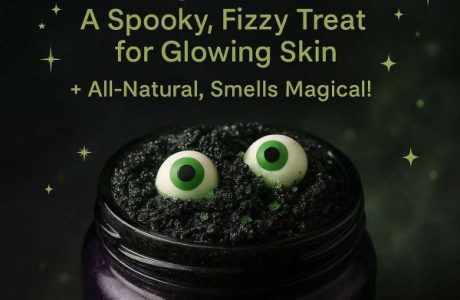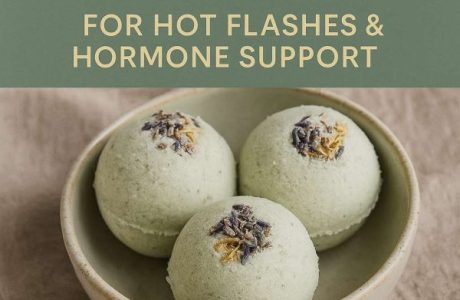
Sleep Science: 10 Super Tricks to Help you Sleep Better
A good night’s sleep is an absolute must, and it is an exceptionally important part of a healthy lifestyle- just as healthy eating and regular exercise is. The lack of enough sleep can affect many different organ systems of your body, and has been linked to several major health disorders as well.
So whether it is a sleep disorder such as insomnia or sleep apnea, or just anxiety and stress that
leaves you tossing and turning in bed, trying to get some rest- here’s something to help. Follow
these simple tips and tricks that will help you get much better sleep. Read on…
Chamomile Tea
Chamomile tea is a great natural way to get into a more relaxed state of mind and body, which can be of a huge help for all those suffering from anxiety and stress and unable to get a goodnight’s sleep. Sipping on this tea an hour before bedtime can reduce muscle tension, improve digestion and help you feel more peaceful in general.
Yoga
Yoga is well known as a system of relaxation, so naturally, it had to be a part of this list. Several studies have also confirmed that making yoga and breathing exercises a part of your everyday life can help improve overall health, and make a major difference in your sleeping patterns, changing them to positive.
Feng Shui
You might be surprised at this one, but yes, implementing simple feng shui practices can help you get a good night’s sleep. Letting more fresh air circulate into the bedroom, dimming the lights an hour before bedtime, choosing cool toned colors for your bedroom walls and keeping the bedroom clean and clutter free are some simple yet effective feng shui practises that can help you sleep better.
Visualization
Visualization is an excellent way to combat stress and anxiety that could be causing sleep problems. You can try actively imagining a relaxing scene, and visualizing yourself in a very calm and peaceful environment where you are stress-free and enjoying yourself. Doing this daily a few minutes before bedtime can help you fall asleep faster and better.
Aromatherapy
Aromatherapy is one of the most underrated treatment options out there when it comes to sleep disorders. The scent of lavender essential oil and others like ylang-ylang and chamomile oil has a soothing effect on the body. Adding a couple of drops of any of these essential oils in your bath water, or rubbing them on your bed linens can make a huge difference.
Valerian Valerian is probably one of the most powerful remedies there is when it comes to dealing with all types of sleep disorders. Clinical trials have found that its use can help improve sleep quality and reduce anxiety. What’s more, it also acts as a natural sedative, and can help you fall asleep faster than you’d expect.
Magnesium
Consuming more of magnesium rich foods such as almonds, cashews, dark green leafy vegetables, seeds and legumes etc can help you sleep better. This is because magnesium acts as a natural sedative and it can prove to be extremely helpful in dealing with anxiety, irritability, restlessness and other such symptoms associated with sleep disorders.
Lemon Balm
Lemon balm is yet another effective tea and herbal supplement that is often used as a natural remedy for all those suffering from anxiety, stress and frazzled nerves. You can consume it in the tea form just like chamomile tea- an hour before bedtime, or get your hands on its supplemental form.
Ayurvedic Remedies
As per Ayurvedic principles, insomnia and sleep disorders are actually a sign of vata imbalance. This can be corrected by application of oil on the head and the feet regularly. Depending on the dominant type of the individual- vata, pitta or kapha, different oils such as coconut oil, sesame oil or mustard oil may be used.
TCM Remedies
As per the principles of traditional Chinese medicine (TCM), insomnia and sleep troubles arise as a result of kidney weakness. This is why, in most cases, patients are recommended a dual treatment of acupuncture and a Chinese herbal formula which improves blood flow throughout the body and strengthens the kidneys too.





Leave a Reply